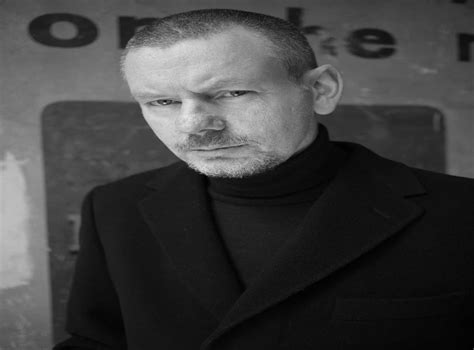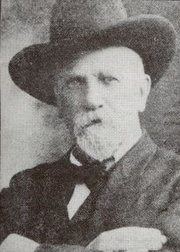A Quote by Maggie O'Farrell
Despite being from Ireland, I've always avoided writing about it, for two reasons. For a very small country, Ireland has produced an astonishing number of literary geniuses, and at some level I probably never felt, having left as a toddler, that I had the right to try and add my voice. That's part of it. But I also didn't want to write something that was the equivalent of the Irish theme pub. You find them all over the world. The idea of producing a novel that might replicate that type of ersatz really set my teeth on edge.
Quote Topics
About
Add
Also
Always
Astonishing
Avoided
Being
Country
Despite
Edge
Equivalent
Felt
Find
Geniuses
Had
Having
Idea
Ireland
Irish
Left
Level
Literary
Might
Never
Novel
Number
Over
Part
Produced
Producing
Pub
Really
Reasons
Replicate
Right
Set
Small
Small Country
Some
Something
Teeth
Them
Theme
Toddler
Try
Two
Type
Very
Voice
Want
World
Write
Writing
Related Quotes
Irish writing is so strong that it can feel like the country has all been covered, but in fact, there are so many gaps. The small west of Ireland cities and the working classes there have almost never appeared in Irish literature, simply because those communities were never in the way of producing books.
The English playwrights of the '50s and '60s didn't really keep writing or getting produced, while the Irish did. There's encouragement for the younger ones also in the fact that Ireland is exceptional in its ability to make theater part of the national dialogue, and it reaches to all four corners of the country.
But I'm not a small-literary-novel kind of guy, and once I'd developed the world in the first couple of hundred pages, I felt that there was potential here to go on and write an engaging story set in that world. So that's what I did. This probably ruins things both for the people who want small literary novels and for those who want action-packed epics, but anyway, it's what I wrote.
I realized I was growing up or something like that. You have responsibilities...you've got to think about getting your act together. I didn't even know what it had been doing to me. I didn't realize how dangerous it was. People talked in terms of drugs and I used to think in terms of...well in Ireland, everybody drinks. Nobody gives it a second thought. You're Irish number one and you're a drinker number two. That's the first two things about us Irish.
I don't buy into the idea that an Irish writer should write about Ireland, or a gay writer should write about being gay. But when I found the right story, I saw it as an opportunity to write about being a teenager and being gay. Most people, whether you're gay or straight or whatever, have experienced that relationship where one person is much more interested than the other.
I was filming a movie in London, and I drove through Ireland. It was quite beautiful, and the countryside was really remarkable. The contrast between the countryside and Ireland, and the murals there, with Northern Ireland still being a part of the United Kingdom, there's just a stark contrast in those two things. And I found that the art that came out of the conflict was really spectacular because it was about remembering either events or points of view for local neighborhoods, or the rallying cries of one side against the other.
Membership in the European Community, now the European Union, has enabled Ireland to re-find its sense of participation - cultural, political, social - at the European level. I think that also opens up possibilities for Ireland as a European country to look outward - to look particularly, for example, at countries to which a lot of Irish people emigrated, to our links - our human links - with the United States, with Canada, with Australia, with New Zealand. And to look also, because of our history, at our links to the developing countries.





































